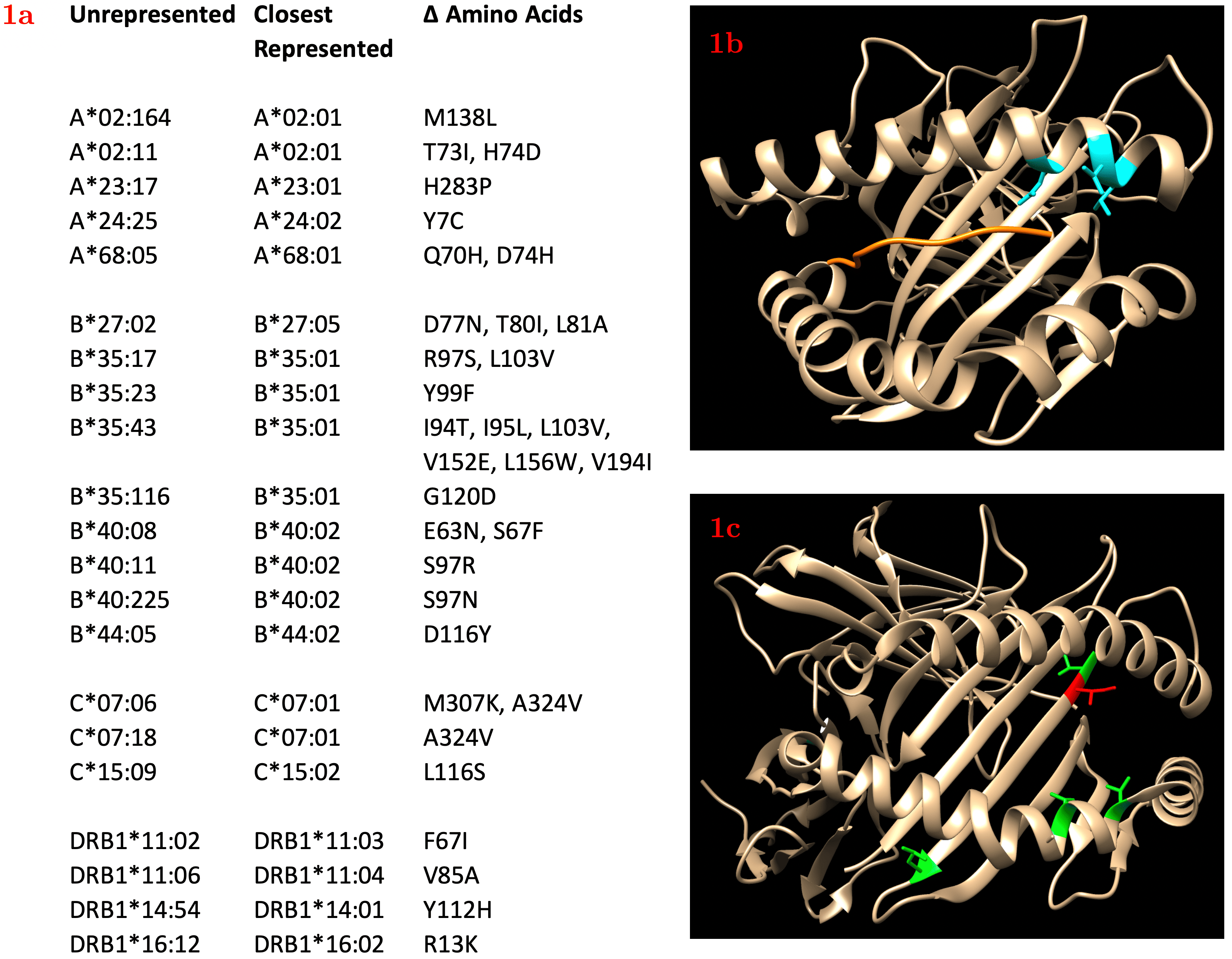HLA DSA May Not Be Detected in Many Solid Organ Recipients
1Keck School of Medicine, Los Angeles, CA, 2Children's Hospital Los Angeles, Los Angeles, CA
Meeting: 2022 American Transplant Congress
Abstract number: 87
Keywords: Epitopes, Histocompatibility, HLA antibodies, HLA matching
Topic: Basic Science » Basic Science » 11 - Histocompatibility and Immunogenetics
Session Information
Session Name: Histocompatibility and Endothelial/Lymphatic Cell Biology
Session Type: Rapid Fire Oral Abstract
Date: Sunday, June 5, 2022
Session Time: 3:30pm-5:00pm
 Presentation Time: 3:40pm-3:50pm
Presentation Time: 3:40pm-3:50pm
Location: Hynes Room 310
*Purpose: Clinically significant HLA antibodies may not be detected if their unique HLA epitopes are not represented in the single antigen reagents that are routinely used for detecting antibodies. We previously reported a quantitative estimate of HLA alleles that are not represented in these single antigen reagents. These varied significantly by ethnicity. To extend this investigation, we examined the HLA types of 60 deceased donors to determine if reagent limitations could impact detection of donor specific antibodies (DSA).
*Methods: Between 2018 and 2021, next generation sequencing was used to determine two-field HLA types for 60 deceased donors. Donor HLA types were compared with HLA types represented in standard LABScreen single antigen (One Lambda) and LSA single antigen (Immucor) reagents. For each donor HLA allele that was not represented in the reagents, amino acid sequences were compared with the most similar HLA type represented in the reagents. These amino acid differences were visualized in models of HLA structure (HLA IPD-IMGT Database, v3.46).
*Results: There were 17 donors (28%) with at least one allele that was not represented in standard reagents. These accounted for 22 total (21 unique) HLA types, with 5 HLA-A, 9 HLA-B, 3 HLA-C, and 5 (4 unique) HLA-DRB1 types that were not represented (Figure 1a). Visualization of the unrepresented HLA alleles demonstrates that compared to their most similar represented HLA type, most have amino acid differences located in positions that are easily accessible to T and B cell receptors (examples in Figures 1b, 1c). Although alleles are similar, they may have unique HLA epitopes not found in single antigen reagents. This suggests that some HLA antibodies may not be detected using routine methods for determining DSA.
Figure (1a) List of unrepresented HLA types and their most similar alleles represented in single antigen reagents (1b) Model of amino acid differences between HLA-B*27:02 and B*27:05 (1c) Model of amino acid differences between HLA-B*35:43 and B*35:01
*Conclusions: In the US, many donors may have HLA epitopes that could generate DSA that would not be detectable using routine single antigen tests. Two-field HLA typing of donors is important to identify patients who are at risk for having undetectable DSA. For donors that have HLA epitopes that are not represented in the reagents, single antigen tests are insufficient to rule out the possibility of DSA.
To cite this abstract in AMA style:
Quon JC, Lestz RM, Menteer J, Fotiadis N, Baxter-Lowe LA. HLA DSA May Not Be Detected in Many Solid Organ Recipients [abstract]. Am J Transplant. 2022; 22 (suppl 3). https://atcmeetingabstracts.com/abstract/hla-dsa-may-not-be-detected-in-many-solid-organ-recipients/. Accessed February 22, 2026.« Back to 2022 American Transplant Congress

